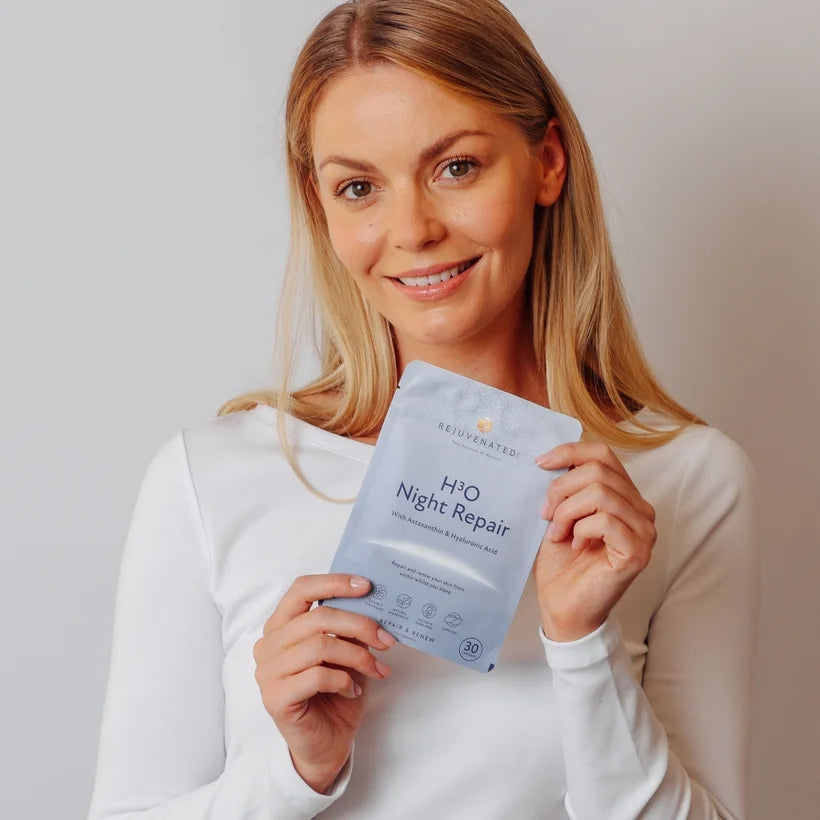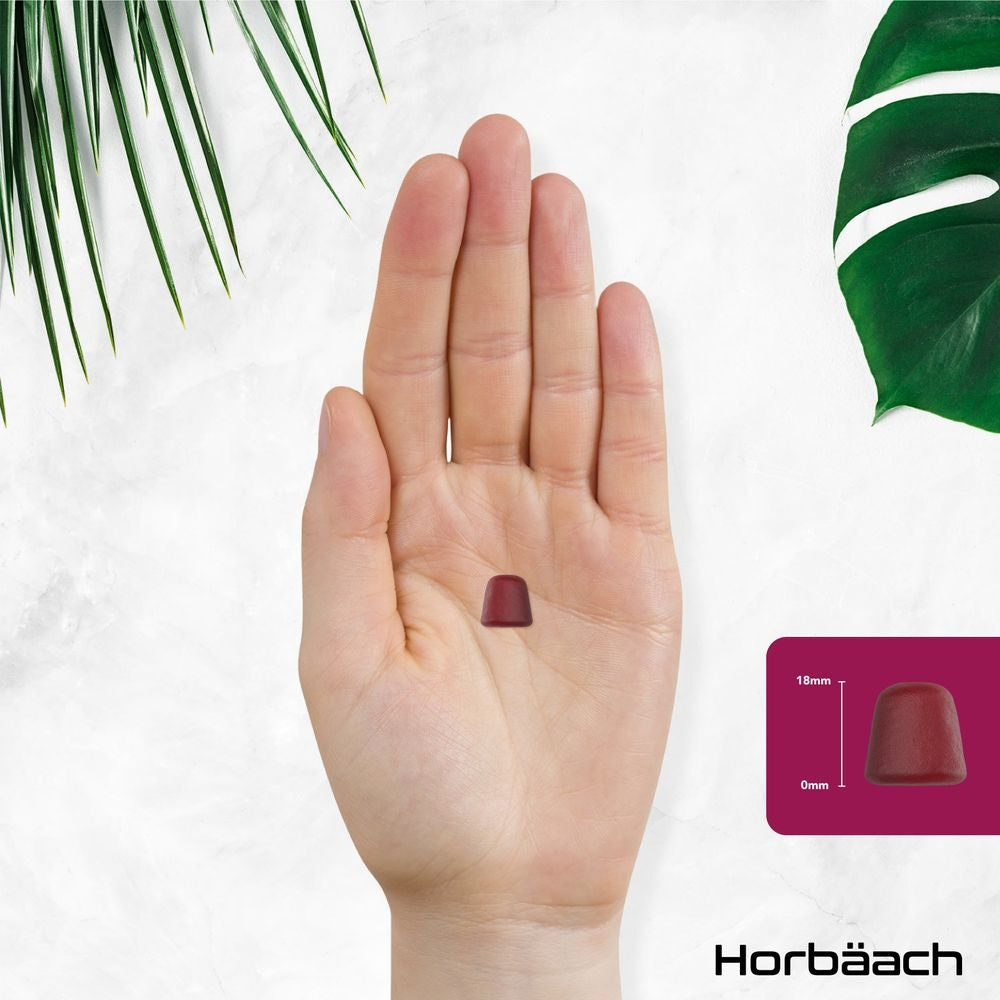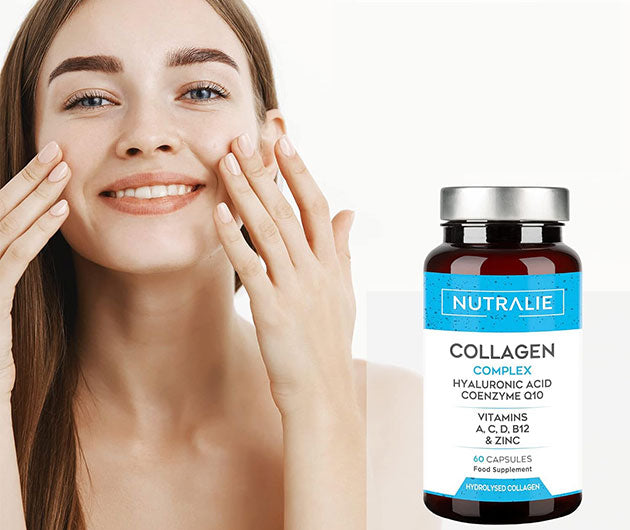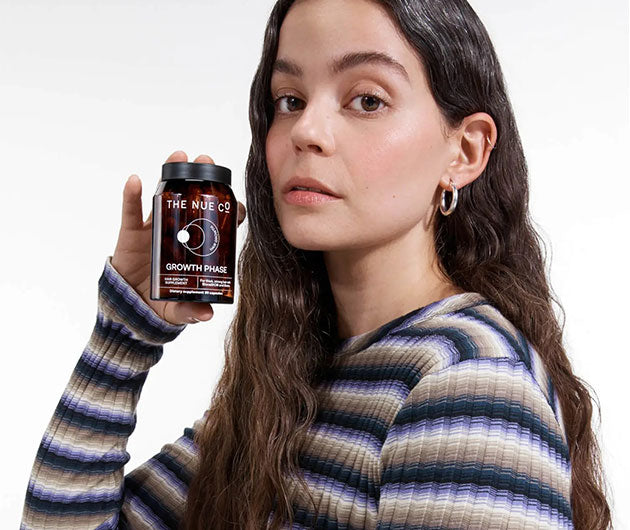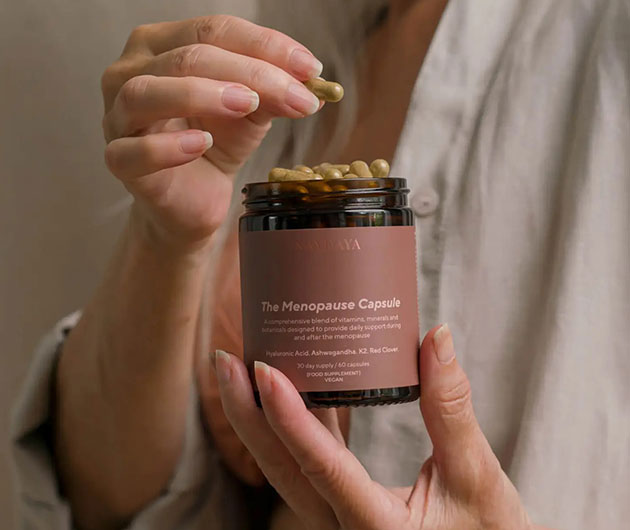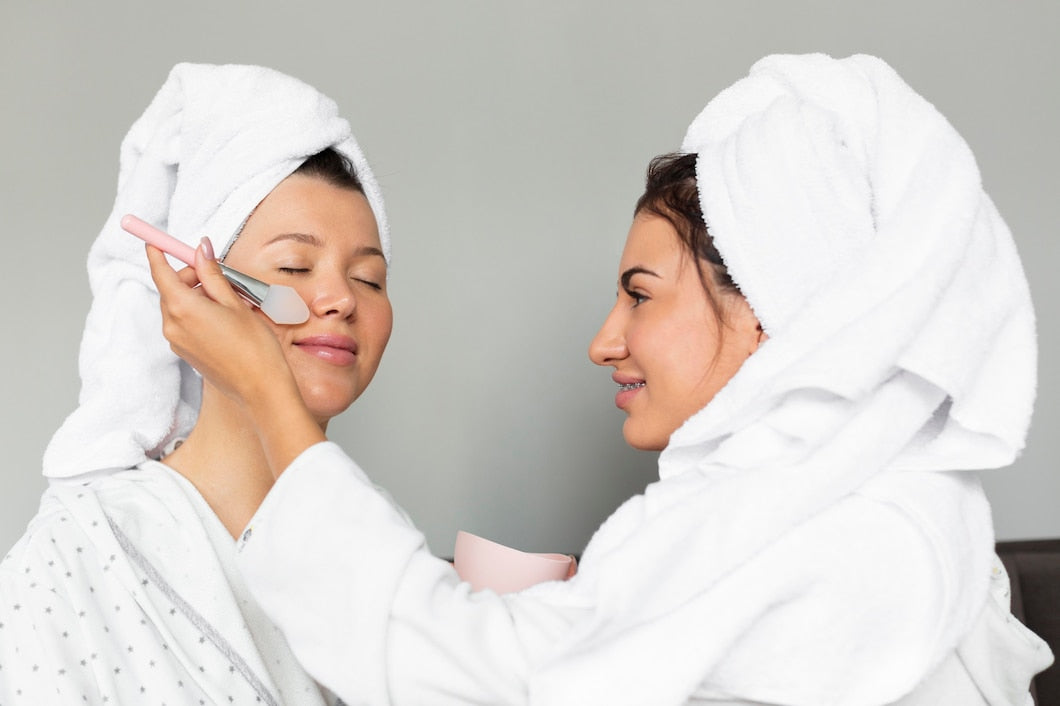
Morning vs. Night Skincare Routine: Do You Really Need Both?
Skincare isn’t just about products—it’s about timing. What your skin needs during the day is very different from what it requires at night. Many people wonder if a separate morning and night skincare routine is truly necessary. The truth is: yes. Your skin is exposed to different stressors throughout the day and night, and tailoring your routine can make all the difference in maintaining healthy, glowing skin.
In this blog, we’ll break down why morning and evening skincare routines matter, the key differences, and how you can build both without making it complicated.
Why Skincare Routines Differ Morning & Night
Your skin has its own biological clock, and its functions vary based on the time of day:
-
Morning: Skin needs protection against external aggressors such as UV rays, pollution, and free radicals.
-
Night: Skin shifts into repair and regeneration mode, making it the best time to use nourishing, restorative products.
Morning Skincare Routine: Protection & Prevention
Your morning routine should focus on shielding your skin and keeping it refreshed throughout the day.
1. Cleanser
A gentle cleanser to remove sweat, oil, or impurities from overnight.
2. Toner (Optional)
Balances skin pH and preps your skin for serums/moisturizers.
3. Antioxidant Serum (Vitamin C is a star)
Protects skin against free radicals, helps brighten complexion, and boosts sun protection.
4. Moisturizer
Lightweight hydration to lock in moisture without feeling heavy.
5. Sunscreen (The MVP of morning skincare)
Broad-spectrum SPF 30+ to shield against UV damage and premature aging.
Pro tip: Even if it’s cloudy, sunscreen is a must!
Night Skincare Routine: Repair & Rejuvenation
At night, your skin repairs itself and absorbs nutrients more effectively.
1. Makeup Remover / Double Cleanse
If you wear makeup or sunscreen, start with an oil/balm cleanser followed by a gentle water-based cleanser.
2. Toner / Essence
Restores hydration and preps the skin for treatment products.
3. Treatment Serums (Retinol, Hyaluronic Acid, Niacinamide)
-
Retinol: Boosts cell turnover, reduces wrinkles, clears acne.
-
Hyaluronic Acid: Deep hydration.
-
Niacinamide: Balances oil, reduces redness, improves barrier function.
4. Night Cream / Nourishing Moisturizer
Rich creams help lock in hydration while supporting overnight repair.
5. Eye Cream (Optional)
Targets puffiness, dark circles, or fine lines.
Morning vs. Night Routine: The Key Differences
| Step | Morning Focus |
Night Focus
|
| Cleanser | Light refresh |
Deep cleanse (remove makeup/SPF)
|
| Serum | Antioxidants (Vitamin C) |
Repair actives (Retinol, Niacinamide)
|
| Moisturizer | Lightweight |
Rich & nourishing
|
| Sunscreen | Essential | Not needed |
| Eye Care | Optional (brightening) |
Optional (anti-aging/hydration)
|
Do You Really Need Both?
Yes! Think of your skin like a smartphone battery:
-
In the morning, you need a protective case and charger (SPF & antioxidants).
-
At night, you plug it in for deep charging and repair (retinol, hydration).
Having both routines ensures your skin stays youthful, resilient, and glowing.
Tips for Building Your Own Routine
-
Keep it simple (3–4 steps can be effective).
-
Choose products based on your skin type (oily, dry, sensitive, combination).
-
Be consistent—skincare is about long-term results, not overnight miracles.
-
Don’t skip sunscreen—it’s your #1 anti-aging product.
Conclusion
Morning and night skincare routines may sound like extra work, but they serve two very different purposes: protection and repair. By adopting both, you’ll give your skin the best defense against damage while also supporting its natural healing process. Your skin deserves the round-the-clock care.
So, next time you’re tempted to skip your evening serum or your morning SPF, remember—they work as a team for your healthiest, most radiant skin.

